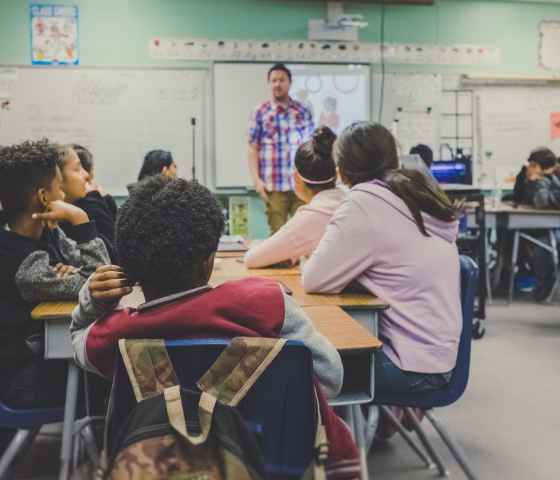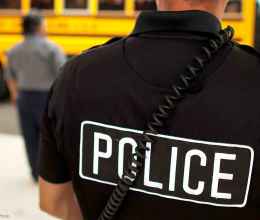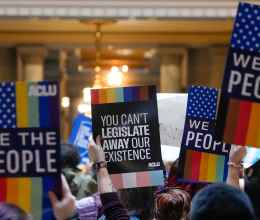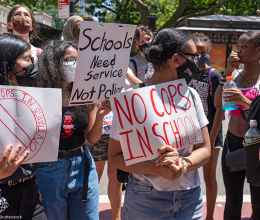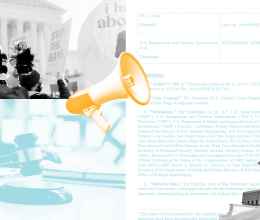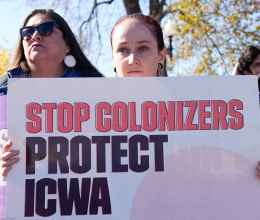I graduated high school in 1999 – the year of Columbine. I watched as schools were “hardened” in the name of safety. Gone were the days of being able to walk to your school to play on the playground while school was out.
Six years later, I began volunteering at a public defender’s office. I watched as teenager after teenager came into the courtroom in shackles for school ground fights, even food fights. The racial disparity was undeniable. The pranks my older brother had played and the fights he joined (often while donning a black trench coat) would have earned him an arrest record, preventing his military career and forever altering his life, had he been born just five years later.
We’ve come so far – in the last five years, Florida’s youth arrest rate for petty misdemeanors has been cut in half, partly through the increased use of pre-arrest diversion programs like civil citations. The juvenile crime rate has steadily declined since the mid-1990s, disproving the then popular theory of emerging “super predators” that helped justify zero tolerance policies. But racial disparities in school discipline and juvenile justice persist. Youth continue to be arrested at school for common misbehavior that would have been handled by school administration only 20 years ago. Troubled students continue to be pushed out of their regular schools. The “School-to-Prison Pipeline” has not yet been destroyed.
When I saw the headline on Valentine’s Day of what was unfolding at Marjory Stoneman Douglas High School in Parkland, my heart sank for more than one reason. The aftermath of the mass shooting at Marjory Stoneman has echoed that of Columbine: ‘hardened schools’, ‘bullying’, ‘law enforcement at every school’, ‘video game violence’, ‘gun control’, ‘zero tolerance.’ We’ve been here before. We know how this story goes.
The “Marjory Stoneman Douglas High School Public Safety Act” will impact the daily lives of our youth, especially our youth of color, LGBTQ youth and youth struggling with disabilities and trauma. There will be collateral consequences in the name of safety. We cannot let those consequences derail young lives. School boards across the state will be implementing the Act’s requirements over the coming months and they need to hear your voice.
School Safety Advocacy Toolkit
As part of our Keep Kids Learning Campaign, we’ve created a School Safety Advocacy Toolkit to help prepare you to advocate for policies and programs aimed at mitigating the risks of increased arrests and exclusionary discipline, disparate treatment, and the potential for victims of school gun violence.
My daughter recently said to me, “The thing I don’t like most about school is how most grownups talk to the kids.” She’s in Kindergarten. Our kids deserve to grow and learn in supportive, yet challenging school environments that do not use counterproductive disciplinary and school policies that jeopardize their safety or punish them for being children.
